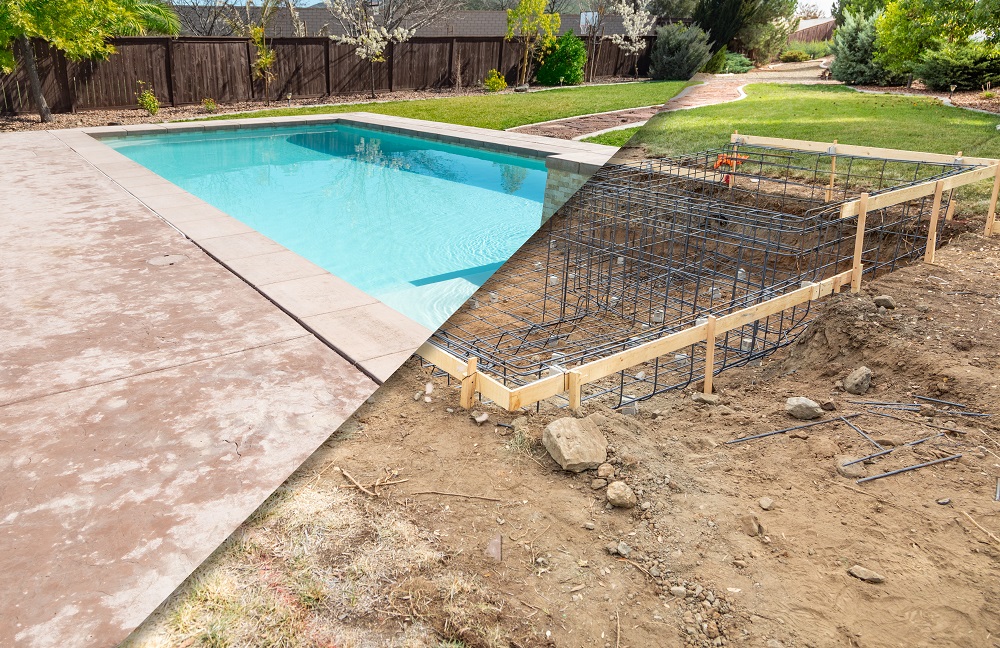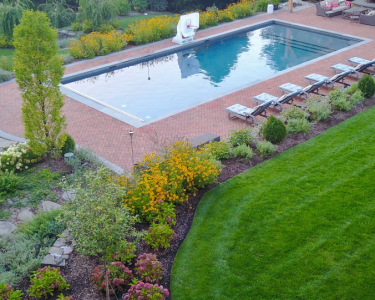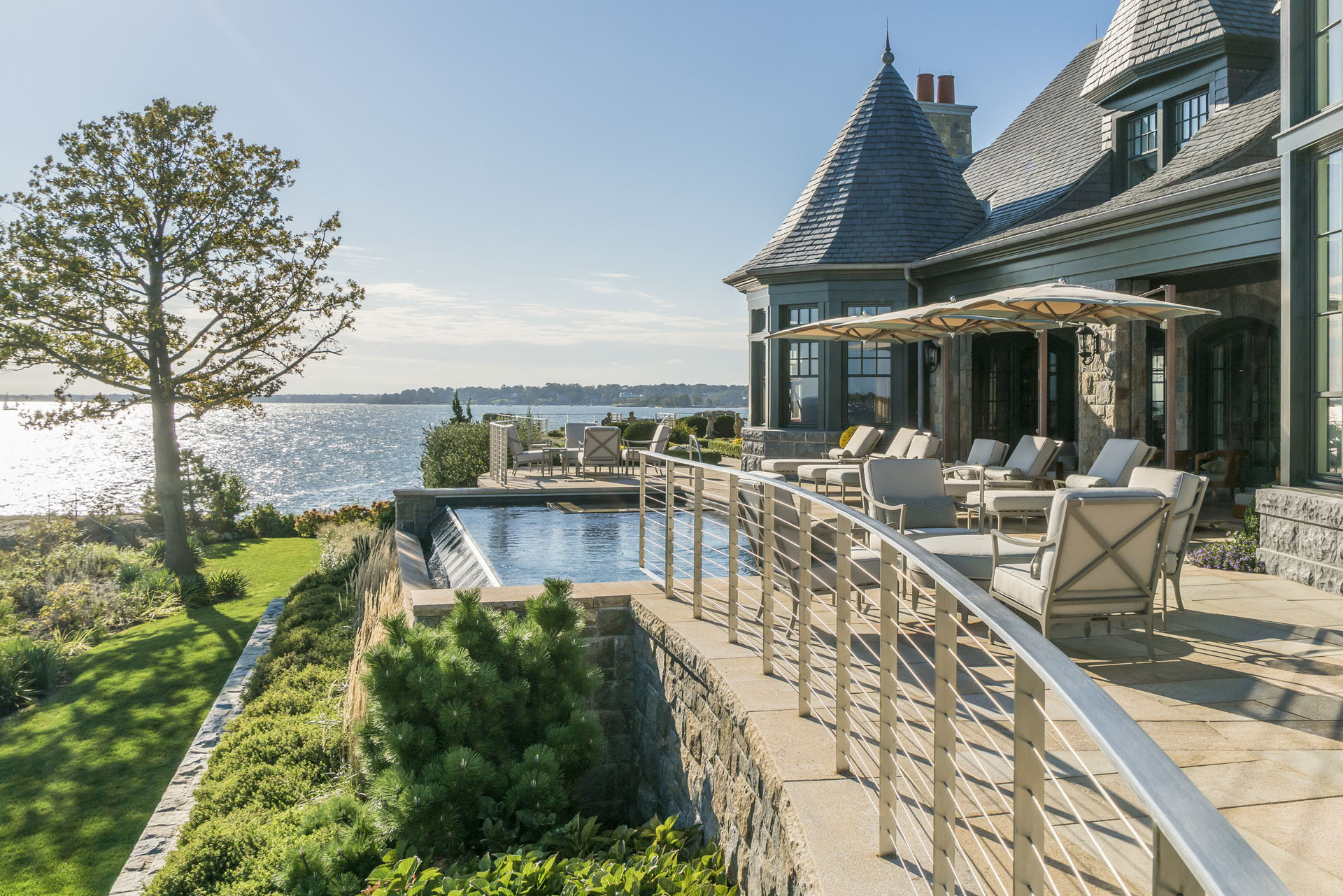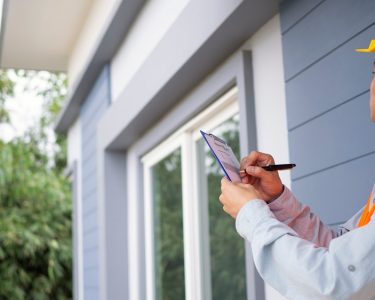With many public pools, water parks, lakes, and beaches remaining closed due to the global coronavirus pandemic, people are left wondering how to cool off during sweltering summer days. For those who simply wish to relax on a summer afternoon, there is plenty of room to stretch out, catch up on some reading, and soak up the sun’s rays with a private luxury swimming pool boasting customized features. Industry trends show that homeowners with private pools now spend more time swimming than ever, while others chose to spend the quarantine at home constructing backyard pools for the first time.
How Did the Coronavirus Impact the Pool Service Industry?
Residential and commercial construction markets are expected to continue keeping the industry riding high. Houzz, an online home remodeling website, reported a 58% annual increase in projects for home professionals in June 2020. Many industry experts say customers are rushing to have pools installed due to Covid-19. A Consumer Specialists survey administered in June revealed that 57% of homeowners did a home improvement project from March to May. This upward trend originates from uncertainty over when neighborhood and community pools might open and if they are safe.
But due to a slowdown in per capita disposable income and an increase in the unemployment rate, some consumers will probably delay private spending on home improvements. While residential pool construction is predicted to grow by 0.2% in 2020, pool servicing and pool maintenance companies are noticing a higher spike in demand for new pool construction projects.
Is it Safe to Swim in Pools During the Coronavirus Pandemic?
According to the CDC, COVID-19 cannot survive in chemically treated pools or hot tub water. That’s in part because the chlorine kills SARS-CoV-2 while prohibiting viral particles from circulating throughout the pool. Many cleaners are effective against coronavirus when used properly according to the U.S. Environmental Protection Agency (EPA). Common household cleaners that contain chlorine, like bleach, can disinfect hard surfaces and eliminate most germs and viruses.
Furthermore, the World Health Organization (WHO) states that controlling water quality is necessary to prevent the transmission of infectious diseases. In other words, you should worry less about the water and more about the person standing or swimming near you. The amount of chlorine added to the water needs proper maintenance for its disinfectant qualities to stay effective.
How do you create a safe swimming environment during COVID-19?
Swimming is an excellent way to get the physical activity needed for a healthy lifestyle. But pool owners need to ensure to foster a safe environment by implementing several safety measures recommended by the CDC. First, pool owners need to limit the number of people in their pool. Wearing a mask is all but impossible while swimming and social distancing may be difficult during pool parties. As such, you should limit your guest list to only a few people, and who haven’t come into contact with infected people or recently traveled outside the country.
Next, make sure to establish a strict disinfecting schedule. The pool water is constantly being disinfected by chlorine, but there may be a need for extra disinfecting of items outside of the pool such as door handles, handrails, and pool ladders. Most recreational water illnesses are caused by the water contamination that occurs when someone who is ill carries germs into your pool. In other cases, these illnesses are caused when germs that reside in the water grow to levels that can cause an infection. The most prevalent types of recreational water illnesses include diarrheal infections, skin infections (also known as “hot tub rash”), swimmer’s ear, and respiratory infections. While this may sound frightening, your risk of getting a recreational water illness is greatly reduced if your pool is properly maintained and you and your family take steps to swim safely.





